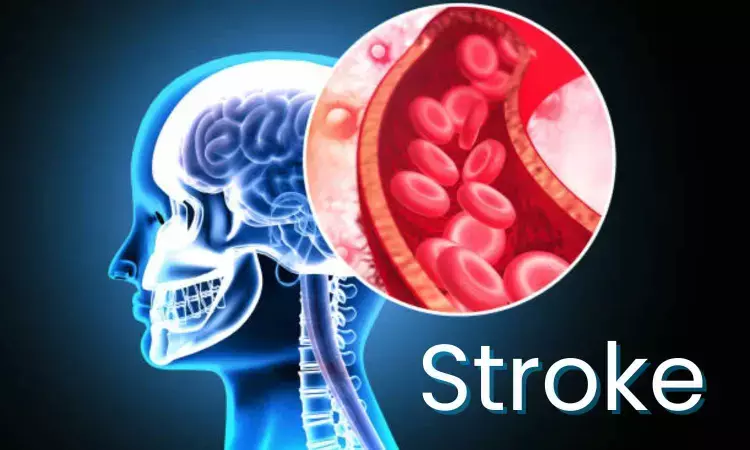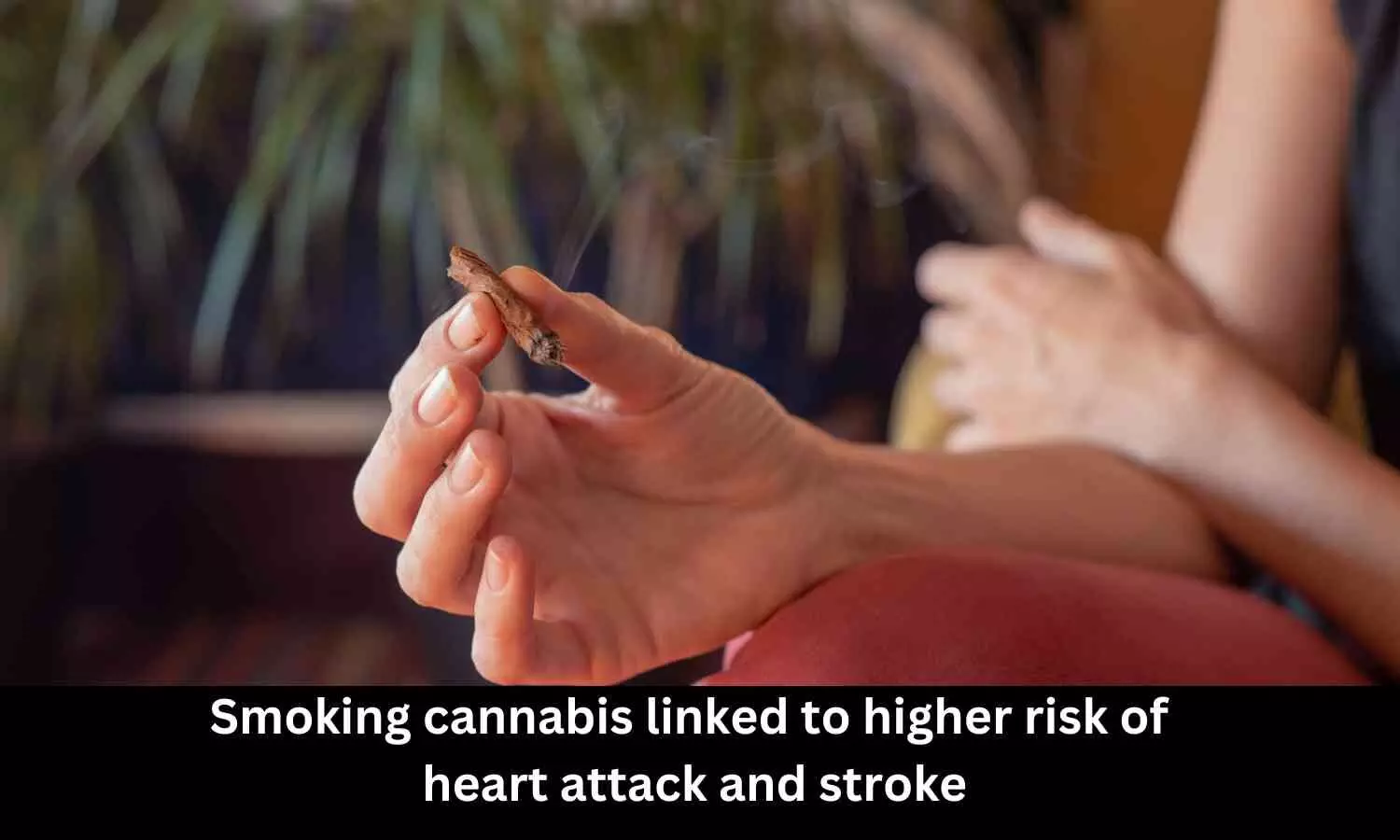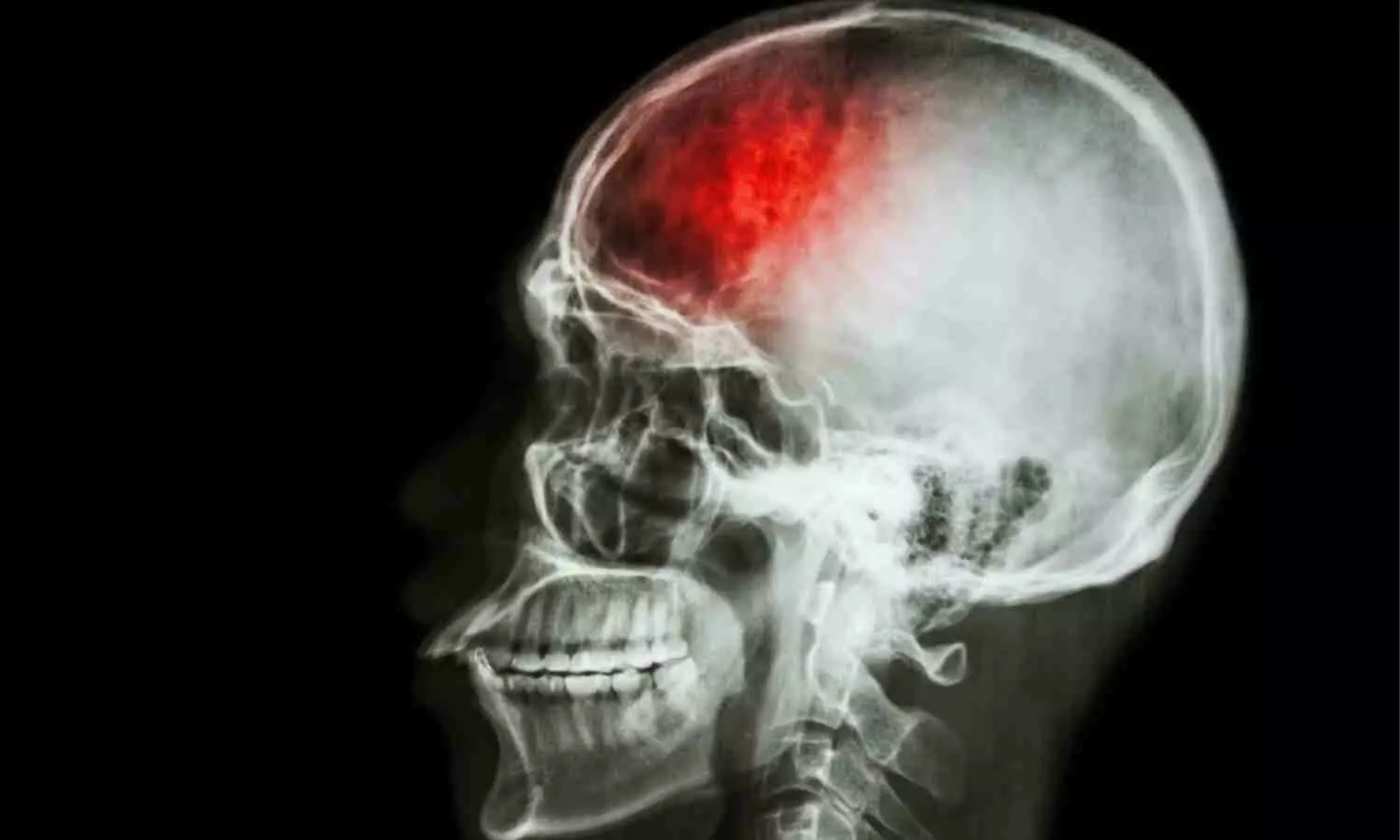- Home
- Medical news & Guidelines
- Anesthesiology
- Cardiology and CTVS
- Critical Care
- Dentistry
- Dermatology
- Diabetes and Endocrinology
- ENT
- Gastroenterology
- Medicine
- Nephrology
- Neurology
- Obstretics-Gynaecology
- Oncology
- Ophthalmology
- Orthopaedics
- Pediatrics-Neonatology
- Psychiatry
- Pulmonology
- Radiology
- Surgery
- Urology
- Laboratory Medicine
- Diet
- Nursing
- Paramedical
- Physiotherapy
- Health news
- Fact Check
- Bone Health Fact Check
- Brain Health Fact Check
- Cancer Related Fact Check
- Child Care Fact Check
- Dental and oral health fact check
- Diabetes and metabolic health fact check
- Diet and Nutrition Fact Check
- Eye and ENT Care Fact Check
- Fitness fact check
- Gut health fact check
- Heart health fact check
- Kidney health fact check
- Medical education fact check
- Men's health fact check
- Respiratory fact check
- Skin and hair care fact check
- Vaccine and Immunization fact check
- Women's health fact check
- AYUSH
- State News
- Andaman and Nicobar Islands
- Andhra Pradesh
- Arunachal Pradesh
- Assam
- Bihar
- Chandigarh
- Chattisgarh
- Dadra and Nagar Haveli
- Daman and Diu
- Delhi
- Goa
- Gujarat
- Haryana
- Himachal Pradesh
- Jammu & Kashmir
- Jharkhand
- Karnataka
- Kerala
- Ladakh
- Lakshadweep
- Madhya Pradesh
- Maharashtra
- Manipur
- Meghalaya
- Mizoram
- Nagaland
- Odisha
- Puducherry
- Punjab
- Rajasthan
- Sikkim
- Tamil Nadu
- Telangana
- Tripura
- Uttar Pradesh
- Uttrakhand
- West Bengal
- Medical Education
- Industry
Hourly Heat Exposure linked to Increased Risk of Acute Ischemic Stroke: JAMA

In a groundbreaking study conducted across more than 200 stroke centers in China, researchers have uncovered a direct and immediate association between hourly high ambient temperatures and the onset of Acute Ischemic Stroke (AIS). While previous studies have explored the broader connection between daily high temperatures and ischemic stroke outcomes, this research uniquely focuses on the hourly nuances of temperature exposure and its impact on AIS. The study's outcomes suggest a significant association between hourly heat exposure and an increased risk of AIS onset.
The study results were published in the journal JAMA Network Open.
The study, structured as a time-stratified case-crossover, aimed to evaluate the association between hourly high ambient temperatures and the onset of AIS. Using a nationwide registry that compiled data from over 82,000 adult AIS patients hospitalized during warm seasons between 2019 and 2021, the research provided a granular examination of temperature exposure in the 24 hours leading up to the stroke onset.
Key Findings:
- The comprehensive analysis included data from 82,455 AIS patients, revealing a mean age of 65.8 years, with 63.4% being male.
- They identified a consistent and escalating risk of AIS onset correlated with higher temperatures.
- Notably, the excess risk of AIS emerged immediately at lag 0 hours, persisting for 10 hours following the temperature exposure.
- The study compared the cumulative odds ratio over lag 0 to 10 hours for AIS onset, revealing a significant association.
- Extremely high temperatures (33.3 °C) were linked to a 1.88-fold increase in the odds of AIS compared to the reference temperature (12.1 °C).
- The exposure-response curve demonstrated regional disparities, with the northern regions exhibiting a steeper curve compared to the southern regions.
- While there were indications of greater odds ratios for males and patients with a history of dyslipidemia or atrial fibrillation, these differences did not achieve statistical significance.
The study's findings hold profound implications for public health strategies, particularly in the context of global warming. Understanding the immediate hourly dynamics of heat exposure and its correlation with AIS onset provides a valuable framework for targeted interventions. The research underscores the importance of adapting public health initiatives to address the specific challenges posed by rising temperatures, ensuring a proactive approach to mitigating the increased risk of AIS associated with ambient heat. As further studies delve into this critical area, these findings pave the way for informed strategies to protect individuals from the cerebrovascular risks linked to elevated temperatures.
Further reading: Zhu X, Chen R, Yuan J, et al. Hourly Heat Exposure and Acute Ischemic Stroke. JAMA Netw Open. 2024;7(2):e240627. doi:10.1001/jamanetworkopen.2024.0627
BDS, MDS
Dr.Niharika Harsha B (BDS,MDS) completed her BDS from Govt Dental College, Hyderabad and MDS from Dr.NTR University of health sciences(Now Kaloji Rao University). She has 4 years of private dental practice and worked for 2 years as Consultant Oral Radiologist at a Dental Imaging Centre in Hyderabad. She worked as Research Assistant and scientific writer in the development of Oral Anti cancer screening device with her seniors. She has a deep intriguing wish in writing highly engaging, captivating and informative medical content for a wider audience. She can be contacted at editorial@medicaldialogues.in.
Dr Kamal Kant Kohli-MBBS, DTCD- a chest specialist with more than 30 years of practice and a flair for writing clinical articles, Dr Kamal Kant Kohli joined Medical Dialogues as a Chief Editor of Medical News. Besides writing articles, as an editor, he proofreads and verifies all the medical content published on Medical Dialogues including those coming from journals, studies,medical conferences,guidelines etc. Email: drkohli@medicaldialogues.in. Contact no. 011-43720751




